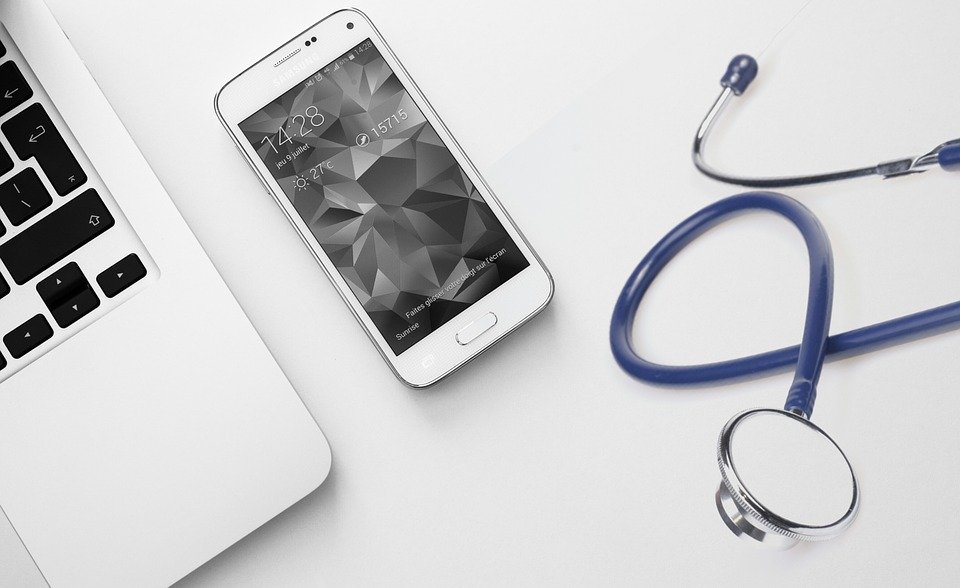
What You Should Know
Environmental monitoring is an essential operational function in many different sectors. When temperature and humidity are required to be at a constant level, data loggers provide the most reliable means to track and record the information needed to conduct proper environmental monitoring. The healthcare industry relies on these devices, programmed to sample conditions like temperature and humidity at regular intervals, for many different reasons, and we will examine where they are the most useful in a hospital setting.
How Environmental Monitoring Is Used In Hospitals
So, where exactly are hospitals making use of this technology? You may be surprised to learn that environmental monitoring in the healthcare industry is often more than just to track temperature and humidity. Here is a shortlist of where data loggers make a difference in hospitals.
1 – Temperature-Sensitive Assets
This should be the most obvious application of data loggers in a hospital or health care facility. Vaccines, medications, blood, and lab samples must be stored at a constant temperature to prevent loss. Humidity levels also play a role in the safe storage of these items. Whether the assets are in short-term storage until they can be transferred to another medical facility or in long-term storage for use later on-site, a data logger is used to ensure safety from spoilage due to a failure in maintaining proper temperature and humidity levels.
2 – Maintain Compliance
In addition to keeping an “eye” on temperature-sensitive products such as blood, organs, and medications, data loggers ensure that a medical facility’s cold storage units meet all compliance issues. Because records from a data logger can be downloaded at regular intervals, proof of compliance is much easier to track and verify for authorities. Compliance reports can be generated automatically or on-demand once the requirements are programmed into the unit.
3 – Protect Operating Room Conditions
Even if the cold storage facilities are closely monitored and maintain the proper temperature and humidity for storing temperature-sensitive assets, they still require monitoring once they reach the operating room. Under appropriate conditions, organs, blood, and medications are safeguarded when temperature and humidity levels in the operating room are constant. In addition, certain surgeries may require specific ambient temperatures. A data logger can track current readings during critical operations and procedures where the temperature is a factor that may impact the success of that event.
4 – Keep Food Services Safe
One important part of any hospital is its kitchen facilities. Whether it has an in-house facility for food preparation for patients or the hospital subcontracts food preparation for meals that are stored onsite for patients, visitors, or staff, all products must be safe. To properly maintain a safe environment for all food services in a medical facility, data loggers are required. They provide environmental monitoring of temperature and humidity of all food stuffs and help safeguard food and food preparation for patients.
5 – Monitor Items In Transit From One Location To Another
One of the main advantages of data loggers for recording environmental conditions is that they are portable. Because of this, they can be used almost anywhere to sample and record temperature and humidity levels. When medical supplies such as oxygen tanks are transported from a supplier to the hospital, the cargo area of the transport vehicle can experience many different changes to internal conditions. These can impact the oxygen tanks, but with a data logger “watching” the conditions, an alarm or push notification can be sent as soon as an issue is identified so that it can be rectified as quickly as possible.
Benefits Of Data Loggers For Environmental Monitoring
Aside from being portable and programmable, data loggers provide high-quality accuracy. They are reliable and constant. All you need do is program what you want to monitor, how often to sample, and where to send the information, and let the data logger go to work.
The sensor (which Dickson notes can be either built-in or external) provides extremely accurate measurements that will give you a true real-world report on the environmental conditions being monitored. Plus, with onboard memory, you can generate various reports to analyze conditions, verify compliance, and make adjustments to temperature if the data logger indicates conditions may be falling out of the safe zone.
Other Places Data Loggers Can Be Used In A Hospital
An on-site pharmacy and an on-site blood bank could both benefit greatly from the use of environmental monitoring tools to ensure temperature-sensitive assets do not spoil. The hospital building itself will require temperature monitoring in all parts of the building to ensure comfort for those who are patients, medical staff, visitors, and all other workers who spend time inside the facility.
In Conclusion
In regulated industries such as healthcare, there is a need for accurate and reliable environmental monitoring tools. Data loggers are the perfect solution and are used constantly in hospital and other medical facility settings. They are portable and record and save data that can be downloaded to identify a problem. Data loggers can also be programmed to send alarms to alert when temperature and humidity dip outside of a required zone. Being able to monitor these conditions reduces the loss of product due to spoilage and provides proof of compliance whenever the data is required to verify specific conditions. Data loggers can help health care facilities stay in compliance with local health authorities and retain their accreditation with national or international compliance boards.